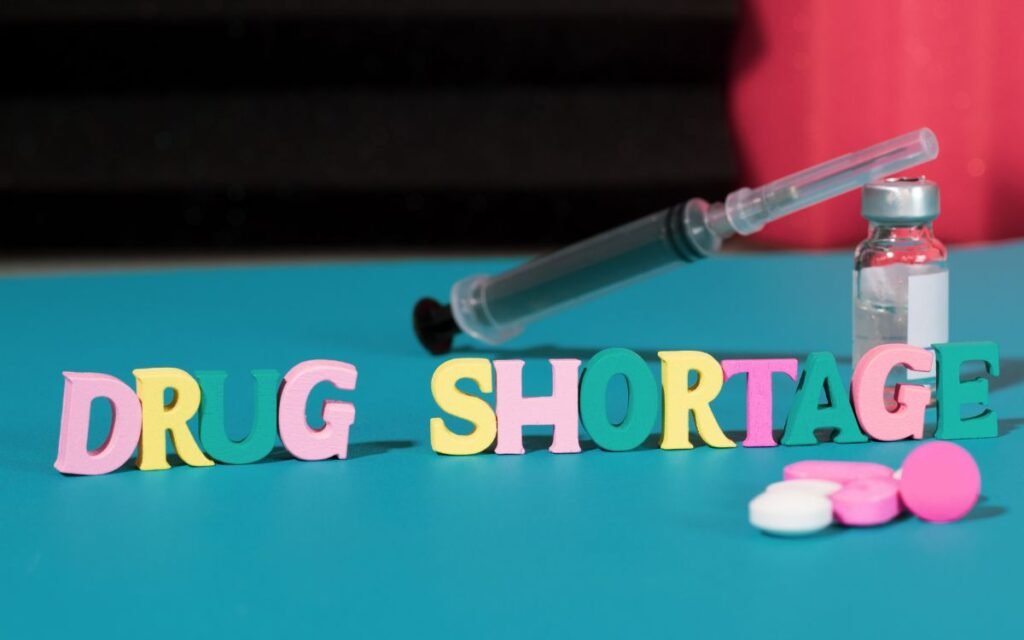As shortages of crucial medications, including amoxicillin, penicillin, Adderall, and certain chemotherapies, persist in the United States, two prominent Republican lawmakers are seeking answers from the Food and Drug Administration (FDA). In a letter addressed to FDA Commissioner Dr. Robert Califf, James Comer, Chairman of the House Committee on Oversight and Accountability, and Lisa McClain, Chairwoman of the Subcommittee on Health Care and Financial Services, have requested documents and a staff-level briefing to delve into the agency’s strategies for mitigating drug shortages.
The issue of drug shortages has plagued the FDA for several years, extending well before the onset of the COVID-19 pandemic, as highlighted by Comer and McClain in their letter. At the time of their correspondence, the FDA had identified 128 drugs in shortage, which encompass treatments for infections, respiratory conditions, heart failure, and cancer.
Comer and McClain assert that the FDA is falling short in ensuring the availability of these critical drugs in pharmacies. They attribute the current shortages to various factors, aside from pandemic-related supply chain disruptions. One significant cause is an “over-reliance” on foreign drug manufacturing, coupled with a surge in demand and declining production of generic medicines. To address this shortage challenge, the lawmakers propose increasing domestic drug manufacturing.
Also Read: Lawmakers Demand Answers From FDA And DEA On Adderall Shortage Crisis
Notably, in 2022, approximately 70% of the 4,000 drug manufacturing facilities supplying the United States were located overseas, as noted by Comer and McClain. They express concerns about the risks associated with overseas pharmaceutical production, particularly when the FDA’s inspection of offshore facilities is deemed inadequate.
Addressing drug shortages in the US has been a prevalent theme in recent times. FDA Commissioner Califf previously highlighted the existence of two distinct drug industries within the US, one focused on branded drugs with high prices and the other on generic drugs with lower prices. This disparity has contributed to the drug shortage issue.
In August, 11 Republican governors urged Congress to take action to alleviate the prolonged supply shortage. Like Comer and McClain, these governors attributed the problem, in large part, to the outsourcing of drug manufacturing for medicines destined for the US, expressing concerns about national security and resource competition.
Also Read: Republican Governors Urge Congress To Act On U.S. Drug Shortages
However, the FDA itself has contended that it cannot single-handedly halt the trend of medication shortages. While the agency can play a role in mitigating shortages of cancer drugs, it faces limitations. Dr. Richard Pazdur, Director of the FDA’s Oncology Center of Excellence, emphasized the industry’s failure to invest in building production capacity as the root cause of these shortages. Presently, the FDA lacks the authority to compel companies to manufacture specific drugs or mandate that manufacturers report surges in demand that could lead to shortages.





























